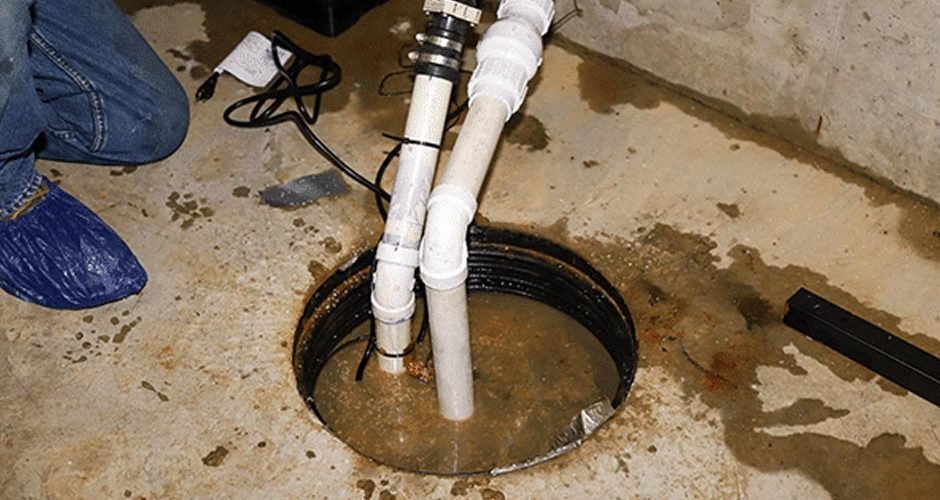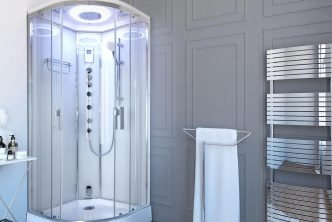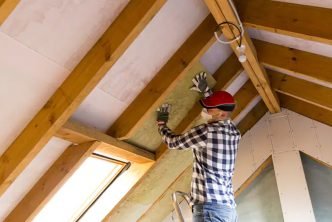A sump pump is a homeowner’s silent hero, safeguarding basements from potential flooding. However, like any mechanical system, it may encounter issues over time. This guest post explores the crucial decision-making process between sump pump replacement and repair. By understanding the signs and factors involved, homeowners can make informed choices to ensure the continued protection of their homes.
Table of Contents
1. Assessing Pump Age and Lifecycle:
Every sump pump has a finite lifespan. If your pump is approaching or has surpassed the manufacturer’s recommended lifespan, investing in repairs might not be the most cost-effective solution. Assess the age of your pump as a first step in the decision-making process.
2. Evaluating the Severity of Damage:
Minor issues like a stuck float switch or a clogged discharge pipe may warrant a repair. However, if the damage is extensive, such as a failed motor or severe corrosion, replacing the entire unit may be more practical and cost-effective. Evaluate the severity of the damage before deciding on repair or replacement.
3. Consideration of Repair Costs:
While repairs may seem like a quick fix, evaluating the associated costs is essential. If the repair costs are almost the same or surpass the price of a new sump pump, investing in a replacement may be more economical in the long run. Factor in both immediate and potential future repair expenses when making this assessment.
4. Reviewing Pump Performance:
The primary purpose of a sump pump is to remove water and prevent flooding efficiently. If you notice a decline in performance, even after repairs, it could indicate underlying issues. Consider whether your pump is adequately sized for your needs and if an upgrade might be a more sustainable solution to enhance overall performance.
5. Examining Pump Technology Advancements:
Advancements in sump pump technology may offer improved efficiency, durability, and additional features for better flood prevention. If your current pump lacks these innovations, it might be worth considering a replacement to benefit from the latest advancements and ensure more reliable protection for your basement.
6. Plumbing and Discharge System Inspection:
Sump pump issues may not always originate from the pump itself but can result from problems in the plumbing or discharge system. During the decision-making process, have a professional inspect the entire system to identify and address any underlying issues that may contribute to pump malfunctions.
7. Factoring in Frequency of Repairs:
If your sump pump requires frequent repairs, it may indicate systemic issues that could persist. Chronic problems might indicate the need for a replacement to provide a more dependable and long-term solution, saving you from the inconvenience and expense of recurring repairs.
8. Preparedness for Seasonal Changes and Heavy Rainfalls:
Consider the weather patterns in your area and the potential for heavy rainfall. If your sump pump is critical for flood prevention, ensuring it is in top-notch condition before the rainy season is crucial. Evaluate whether your current pump can handle the anticipated workload or if a replacement is necessary for optimal preparedness.
The decision between Dayton, OH, sump pump repair and replacement requires a thoughtful evaluation of various factors, including age, damage severity, costs, performance, technological advancements, system inspection, repair frequency, and seasonal preparedness. By weighing these considerations, homeowners can make informed choices to keep their basements dry and secure.
Do you need a reliable sump pump maintenance service? Contact the expert team at Eco Plumbers, Electricians, and HVAC Technicians at (855) 326-7586 to assess your system’s condition and provide recommendations for repair or replacement. Don’t wait until a heavy rainfall puts your basement at risk. Ensure your home’s protection by taking proactive steps today.





